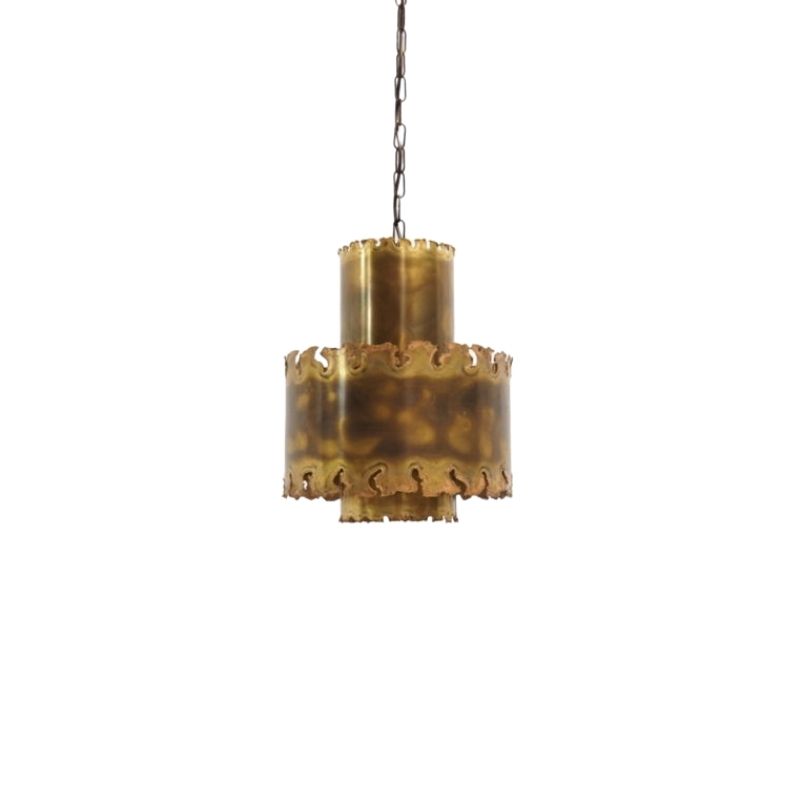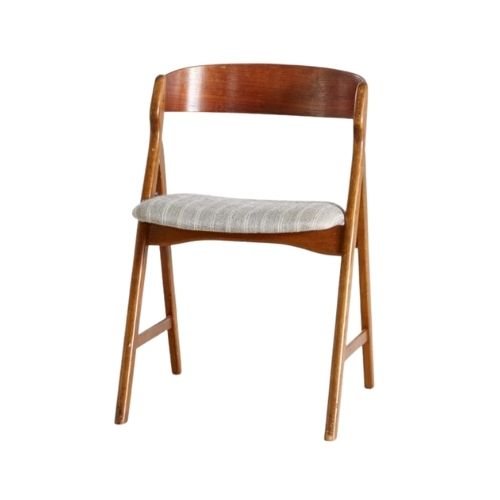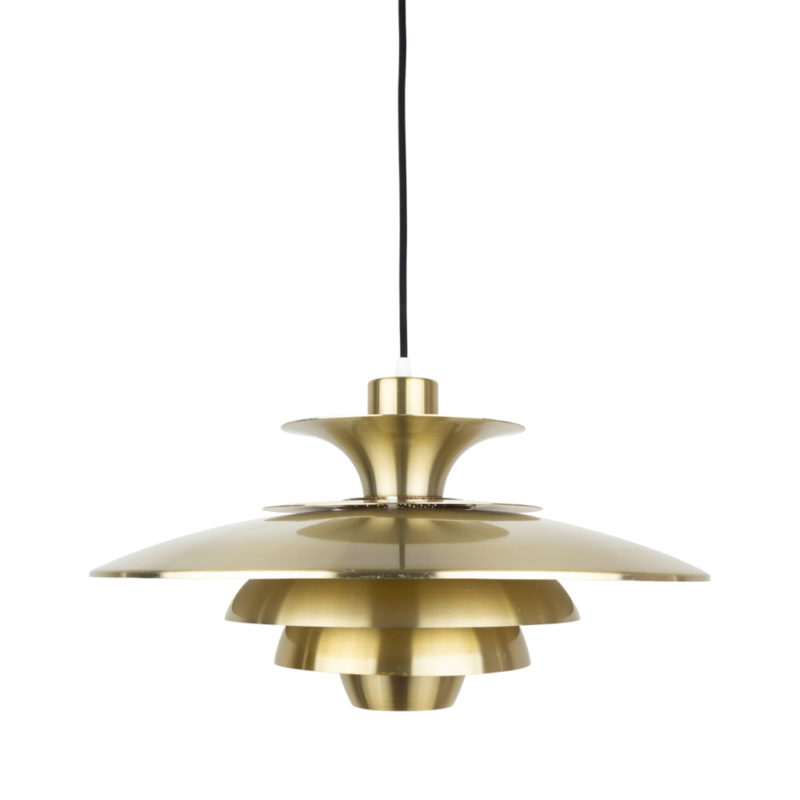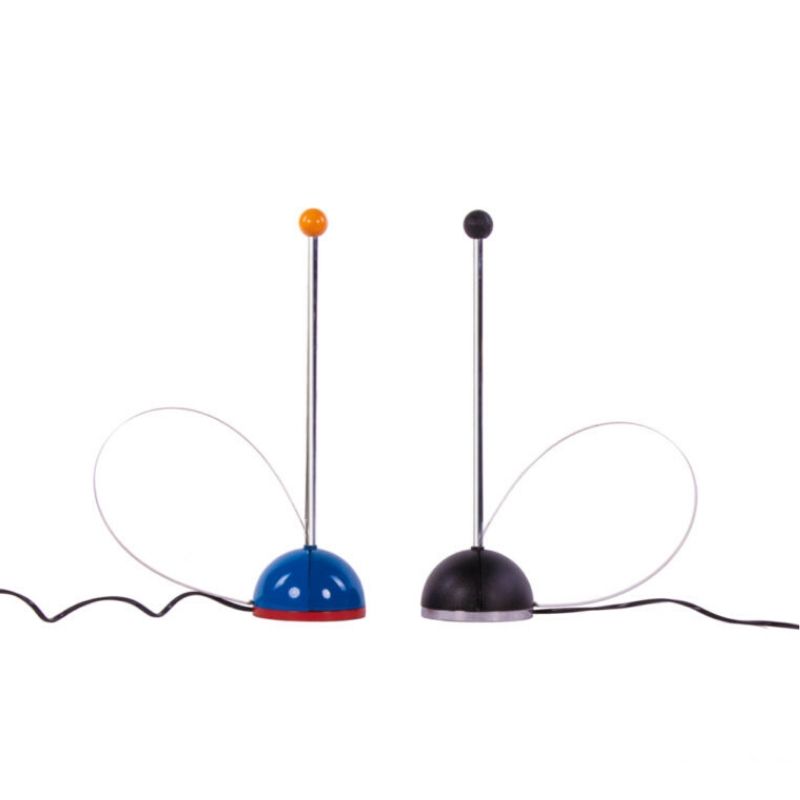Can someone help me authenticate this chair, or point me to be resource on how to do so? I bought four of them at a flea market about 20 years ago. They are extremely heavy and reupholstered. The scratches in the fabric are courtesy one misbehaved cat. If the chairs are not real, I will probably not bother reupholstering then again, and get different chairs. Thanks!! Pictures here

Your Chairs are legit (go to the Knoll website) and your cat has an expensive scratching toy. The upholstery looks like one of Knoll Textiles heavy weave wool upholstery (same grade as the Cato which starts at $173.00/yard). I don't know if you did but the upholstery should have been cleaned when you got them first. Re-upholstering (and probably re-foaming in new latex) will cost as much or more as buying a new version.
A few years ago for a Saarinen Executive Chair, I attempted to 1) remove existing upholstery, 2) replace crumbling latex foam with new foam, 3) clean existing upholstery, and 4) reinstall existing upholstery over new foam. Somewhere between 3 and 4, it went horribly wrong.
Anyway, if you choose to reupholster, there was a date sticker on the inside top of the underside fiberglass strap for the backrest. Mine was made on Mar 31, 1969. Even if you don't reupholster, you could unscrew the backrest to see when yours were made (if you are interested in stuff like that).

When I got them, the chairs were covered with a filthy, light blue fabric. The fabric you see was bought new at a remnant sale for about $25/yard. I was told it was knoll at the time, but who knows? I had them professionally reupholstered by someone in NY for much much less than the cost of a new chair from, say, Design Within Reach. I've tried everything re the cat (kept the chairs wrapped in tape for years, sprayed them with anti-cat stuff, put other scratching posts nearby, etc. Nothing worked. 😠). I won't get new fabric for the chairs in the knubbly wool type again (obviously, those are irresistible to the cat). I'm thinking something tight woven, if you have any suggestions... Thanks!
The latex foam in these chairs are molded and not built up in layers like most conventional chairs. I tried what cdsilva did too a few years back and replaced the seat foam by sculpting it with an electric knife and a foam sawing tool I borrowed from our office modelmaking/wood shop but it requires a good eye that it is just the right shape and density that when recovered, that it looks just like the originals. Re-foaming the back requires a different skill to replicate. I usually keep an eye on the bucket version (without an open back) and salvage the original upholstery (that is if the foam are crumbling) and reuse the material to recover/rehab another damaged with an open back chair. Tacking the nails/staples on that material is also a challenge and the underside of the backrest requires some skillful hand stitching too.

Here are some photos of the old foam. There were two layers, but it did appear that they were somehow molded together. I don't know enough about foam forming technique to theorize how. There was also a very thin "dry-cleaning bag" wrapping on top of the foam. In addition to helping contain future crumbling foam, I think it also helped the fabric to slide over the top during fabrication.

I wonder if the plastic layer might have been the cause why many of these chairs (other Knoll chairs also) have crumbling latex foam when many of these chairs were relegated in a damp environment or outside where the moisture/condensation can get trapped under the plastic layer.
I don't know if it is still there but 20+ years ago, there was a salvage yard between Harvard and MIT campus where piles of these chairs (and desks/credenzas) were relegated outside. It was free to anyone just bring a truck and a helper for two hours once a month or so.
Nah...latex dries out from exposure to air. I bought a vinyl sofa once that was at least 30 years old. The latex cushions were dried out only where the zipper was in the back and maybe a tiny bit at the seams. Within a year of reupholstering them in fabric, the foam had dried out nearly as much as if it had never been encased in plastic at all.
I think the rate at which it deteriorates can vary a bit, possibly depending on the quality of the raw latex and the cooking process. I used to know someone who made arty rubber stamps. She bought raw latex and made her own stamps with a vulcanizer. She said she had to send raw latex back sometimes because it wasn't fresh enough, and also that it was easy to overcook it a bit and shorten its lifespan.
Also, i had to replace a tire on my car recently and my tire guy said the other three were looking kind of dried out, which happens after 4-5 years. I'm sure it doesn't help that I have no indoor parking in the hot summers here.
I wrote a replay about how to shape the foam around the edges but DA said that my "data" wasn't legit, or something.
@cdsilva -- cut the foam bigger, glue it in place, then trim at a square profile to a predetermined distance from the edge of the chair frame. This distance is determined by the thickness of the foam---could be as little as 1/2" or less, or 1" or more. Practice with some scraps to figure it out (after undercutting it: keep reading).
Once you have it trimmed square, undercut at at 45 degree angle right up to the frame edge. When you pull the inside arm & back fabric around to the back of the chair you will get a really nice, smooth curve.
As for the old covers not fitting: i have never had any luck with this either. Fabric stretches over time and changes as the foam underneath is compressed. It's best to just start over with new fabric. Some of the old fabrics are still in production and sometimes you can get the same one as the original, which is nice. If that's what you want, anyway.
If you need any help, please contact us at – info@designaddict.com












